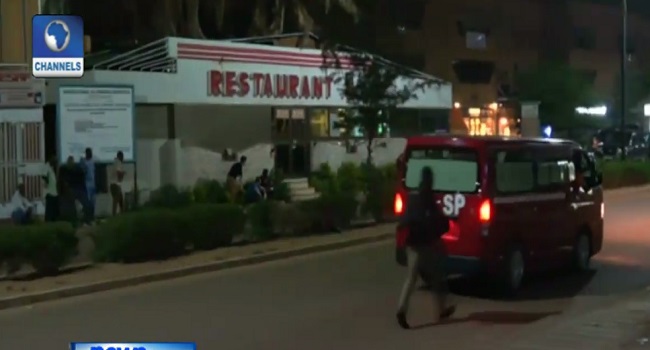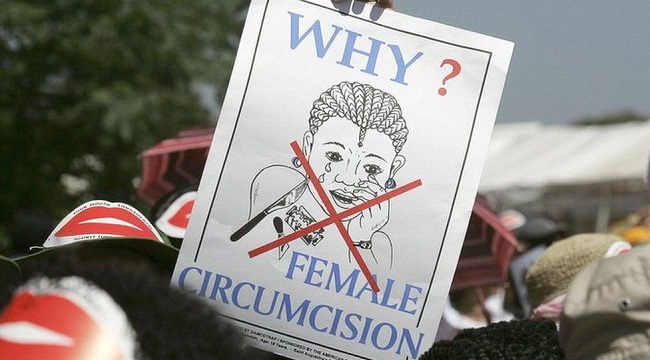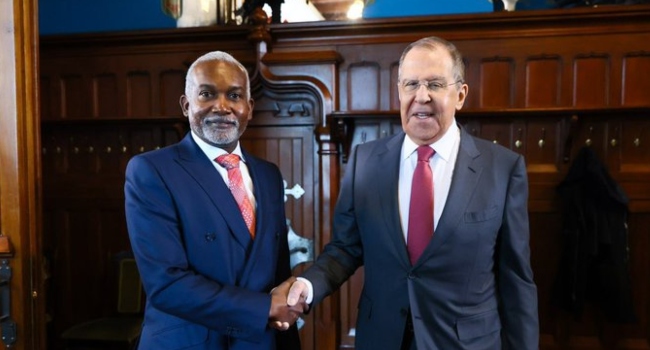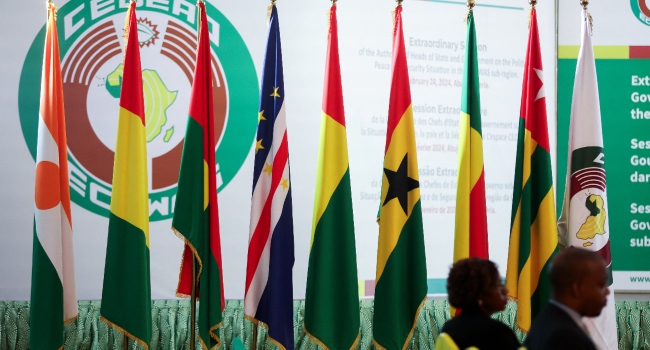
Burkinabes are still reeling from a suspected Islamist attack, which killed at least 18 people and wounded several during a raid on a restaurant in Burkina Faso’s capital Ouagadougou.
Around 1000 people marched through the city on Saturday (August 19) to protest insecurity and show solidarity with the victims.
Burkina Faso, like other countries in West Africa, has been targeted sporadically by jihadist groups.
Most attacks have been along its remote northern border with Mali, which has seen activity by Islamist militants for more than a decade.
Those who turned out said life will go one and hope their show of unity will be felt in Burkina Faso and beyond.
“Our way of life will continue, life goes on, we will continue living our lives. We need to continue working on making sure that there is national cohesion, and let that be the foundation that will protect us,” said one protester, Etienne Minoungou.
Despite increased security and intense military operations, there is growing concern that Islamist militants can strike anywhere, and at any time.
In Bobo Dioulasso, the second largest city after the capital Ouagadougou, families of those who lost their lives gathered for burials.
Many expressed fears that repeated attacks have created panic across the country.
“I don’t feel safe because you never know, a bullet can come of nowhere and kill me. Why is this still going on? Why have there been no appropriate measures taken to address the security issue in Burkina Faso?” said Abubacar Sidibe.
This is the second jihadist attack in a year in Ouagadougou; a similar attack at the Cappuccino restaurant and the Splendid hotel in the city in January 2016 killed 30 people. Al Qaeda in the Islamic Maghreb (AQIM) claimed responsibility.
The Cappuccino Restaurant reopened for business in June in a show of resilience in the face of growing extremism in the region.
But experts warn that a more localised, home-grown Islamist movement poses a greater threat to the stability of Burkina Faso, which is still struggling to stabilise itself after a people-power revolution swept out long-time autocrat Blaise Compaore.
Authorities have been concerned for some time that the northern border with neighbour Mali, which has seen activity by Islamist militants, could become a transit point for militants.
Dr Jacob Yarabatioula is a terrorism expert.
“When we analyse this situation, we can say that this is something that is on the rise. It looks like a situation that will worsen over time and that’s very worrying, because we know that the country still needs to do a lot on the economic and social level, and that’s a major concern,” he said.
Landlocked Burkina Faso is an ally of the West against terrorism in the arid West African Sahel region.
It has also been dealing with the fallout from a failed coup attempt in 2015 by elite presidential guard soldiers who were a pillar of former President Campaore’s rule before he was ousted by demonstrators in 2014 over his attempts to change the constitution to prolong his 27 years in office.
Analysts say a lack of resources and decisive measures to boost security have hampered efforts to tackle the Islamist threat.
“The attack in 2017 has reminded us that the security measures that were previously in place were not enough to deter the enemy. I think that all stake holders are now thinking what lessons to learn from this attack. How do they ensure that from now on that Kwame Nkrumah Avenue will be the most secure street in Burkina Faso. The question now is that we all need to come together because there need to be measures to ensure that there is security in place,” said Yarabatioula.
In June, Burkina Faso, Chad, Mali, Mauritania and Niger launched a joint task force known as Group of Five (G5), to tackle Islamist militants in the Sahel, but it will not be operational until later this year and faces a budget shortfall.



